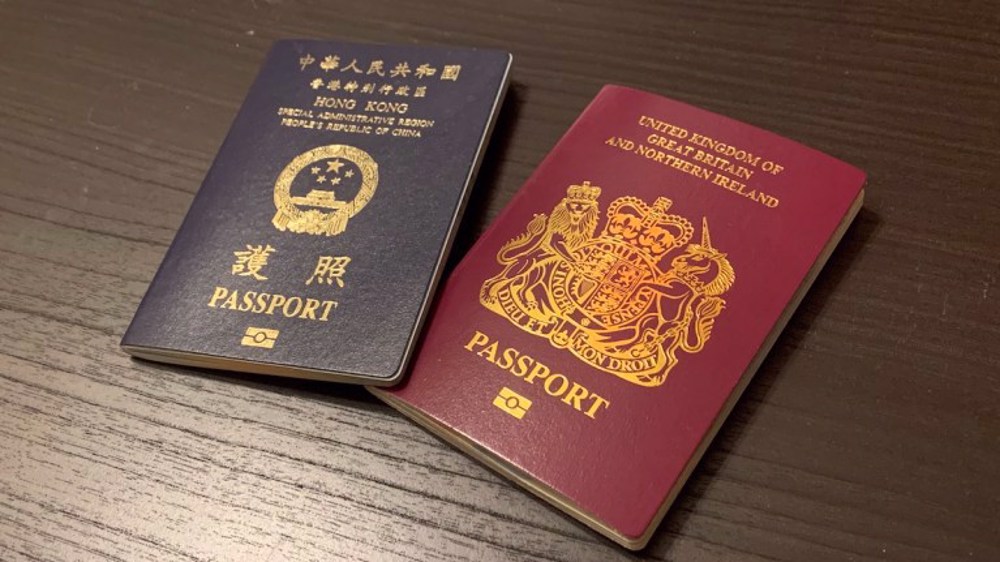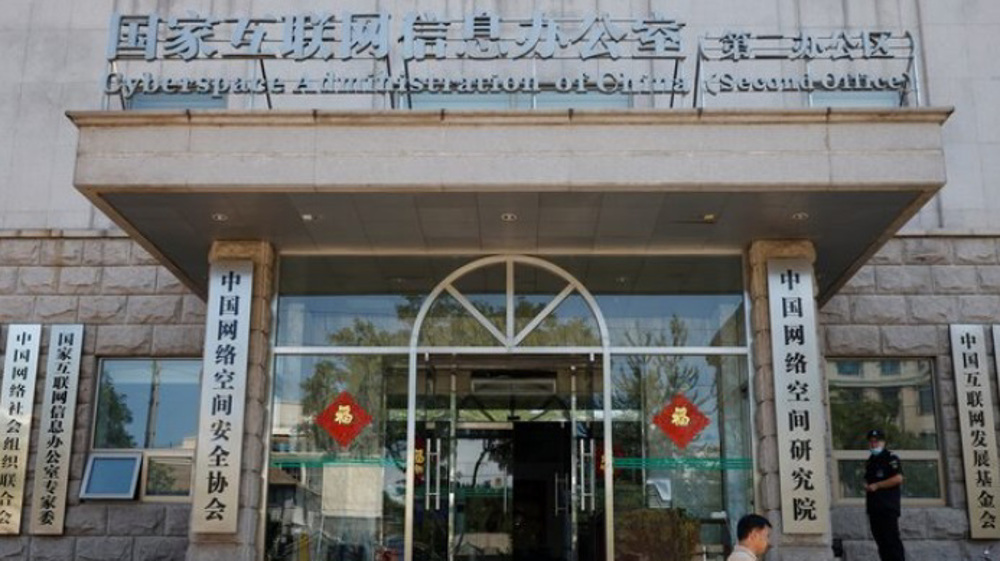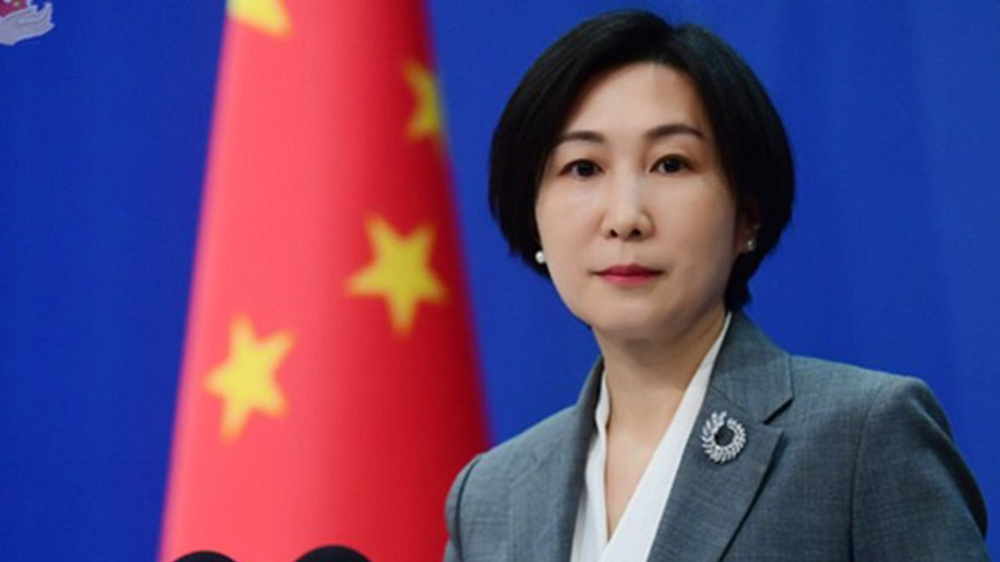China ‘reserves right to retaliate’ UK residency plan for Hong Kong citizens
China says it may take countermeasures against a plan by the United Kingdom to grant residency to the citizens of Hong Kong, which London has designed as a response to Beijing’s application of uniform national security law to the semi-autonomous city.
“We firmly oppose this and reserve the right to take corresponding measures,” China’s Ambassador to the UK Liu Xiaoming said on Thursday, a day after British Prime Minister Boris Johnson spoke of the plan.
“[It is] clear… that all Chinese compatriots residing in Hong Kong are Chinese nationals, whether or not they are holders of the British Dependent Territories Citizens passport or the British National (Overseas) passport,” Liu said.
“If the British side makes unilateral changes to the relevant practice, it will breach its own position and pledges as well as international law,” he added.
The UK and a number of other Western countries have harshly criticized the new national security law for Hong Kong, which was enacted on Tuesday and which they say harms the city’s semi-autonomous status.
Johnson said during a speech to the British parliament on Wednesday that London would “introduce a new route” for those Hong Kong citizens with BN(O) passports to resettle in the UK.
Currently, there are some 350,000 holders of the BN(O) passports in Hong Kong, and 2.6 million others living there are eligible for receiving such passports.
Under the new policy, which is said to be due for implementation in the coming months, BN(O) passport holders and their dependents would be allowed to move to the UK for five years, and after a further year, they would be able to apply for British citizenship.
The Chinese envoy also denounced the UK’s criticism of the national security legislation as “irresponsible and unwarranted.”
“The UK has no sovereignty, jurisdiction or right of ‘supervision’ over Hong Kong,” Ambassador Liu said.
The new security legislation criminalizes sedition, secession, and subversion against mainland China, and allows Chinese national security institutions to operate in the city for the first time since 1997, when Hong Kong returned from British to Chinese rule.
Anti-government protests erupted in Hong Kong after the law was proposed on May 22. On Tuesday, the city saw another protest over the enactment of the legislation.
Chinese and Hong Kong authorities insist that the law would only target a minority of people, and have vowed to restore business confidence after a year of unrest in the city.
Hong Kong was rocked by violent protests over another bill that would have reformed its extradition law last year. Rioters vandalized the city, destroying public and private property and attacking individuals deemed to be pro-government. Hong Kong dropped that bill, but the acts of violence continued.
VIDEO | Press TV's news headlines
VIDEO | Istanbul demonstrators voice support for Iran amid US tensions
VIDEO | Israeli settlers attack Palestinian Bedouin community, injure 13
Palestinian Ambassador’s residence in Tehran attacked amid terror wave
Syria's HTS regime agrees to truce with SDF after its troops advance
EU mulls over $100bn in US retaliatory tariffs over Greenland
VIDEO | Trump's presence sparks major protests at Davos Forum
President Pezeshkian vows historical Iran-Iraq relations will remain stable











 This makes it easy to access the Press TV website
This makes it easy to access the Press TV website